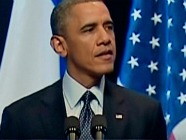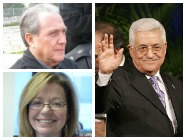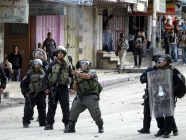
This week, Alpher discusses whether the Syrian chemical weapons agreement and the Obama-Rowhani phone conversation evidence of an approaching "new Munich" and Netanyahu's "sounding the alarm," what the outcome depends upon, what Netanyahu's and Israel's most immediate legitimate concerns are regarding the upcoming round of talks with Iran, how would a possible administration linkage between Iran and Israel-Palestine, as implied in Obama's UN speech work, and how seriously does he take reports of growing tensions between Egypt and the Hamas leadership in Gaza.







